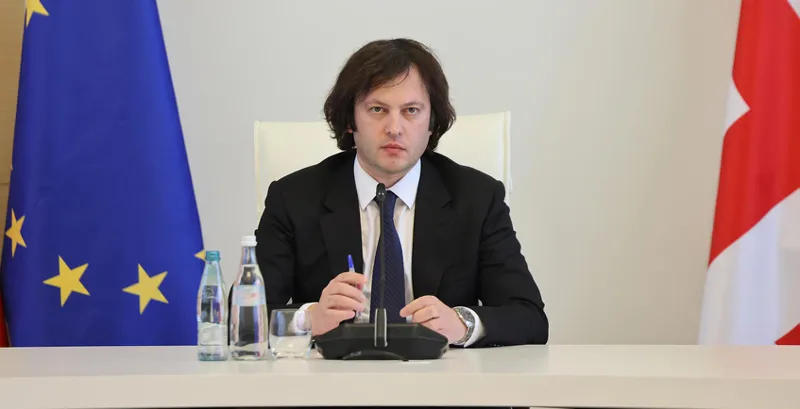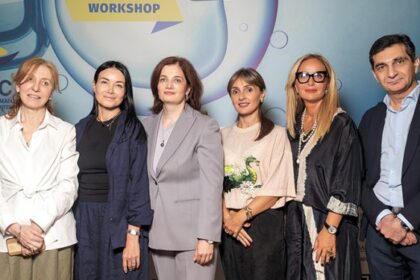**Georgian Prime Minister on European Integration: A New Era for the Country?**
In a recent interview, Georgian Prime Minister Irakli Kobakhidze expressed his government’s optimism about the country’s future prospects in European integration. Despite facing challenges and criticism from some quarters, Georgia has made significant strides towards EU membership.
**A Tool of Blackmail or a Step Forward?**
According to Kobakhidze, receiving candidate status was not just a result of negotiations with Brussels, but also a testament to Georgia’s resilience in the face of pressure from external forces. The Prime Minister noted that this status was initially seen as a tool for blackmail, implying that if Georgia didn’t comply with certain demands, it would be denied EU membership. However, Kobakhidze emphasized that his country stood firm and ultimately secured candidate status.
**European Integration: A Priority for Georgia**
Kobakhidze reiterateed that European integration remains the main foreign policy priority for Georgia. He expressed confidence that by 2030, Georgia will be more prepared than all other candidate countries to join the EU in various aspects, including democracy, human rights, the rule of law, and economic readiness.
**A Bold Ambition: Joining the EU by 2030**
The Prime Minister’s statement about Georgia being ready to join the EU by 2030 is a bold ambition that reflects the country’s determination to modernize and integrate with European standards. This goal may seem ambitious, but it demonstrates Georgia’s commitment to making significant progress in a relatively short period.
**Commentary: A New Era for Georgia?**
The Prime Minister’s comments on European integration are a testament to Georgia’s growing confidence as a player on the international stage. The country has made impressive strides towards EU membership, and its optimism about joining the bloc by 2030 is an encouraging sign. However, the road ahead will be challenging, requiring sustained efforts from both the government and civil society to address lingering issues and meet European standards.
Read More @ www.interpressnews.ge












